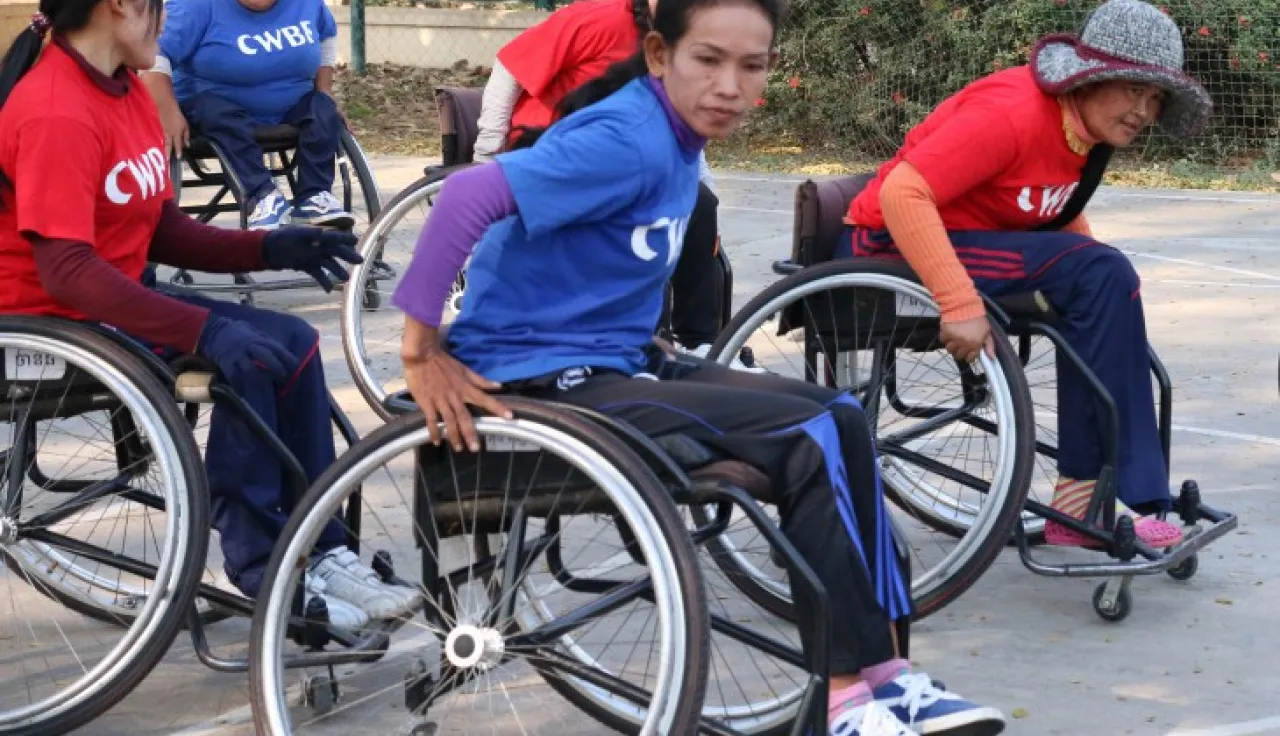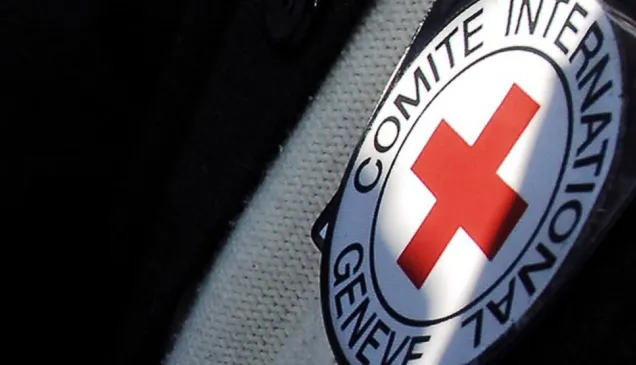Enabling people with disabilities in 2015: Facts and figures

The ICRC helps people with disabilities through our physical rehabilitation programme and the ICRC Special Fund for the Disabled. The people we serve include victims of armed conflict, of other situations of violence, of mines and of explosive remnants of war.
We run or support physical rehabilitation services and we help people with disabilities integrate into society through such activities as sports and livelihood-support programmes.
Physical rehabilitation
In 2015, the ICRC provided physical rehabilitation services to 416,700 people in 47 countries, either directly or via the ICRC Special Fund for the Disabled.
| 2015 | ICRC direct |
ICRC via SFD |
Total |
| Countries and projects | |||
| Countries served | 32 | 15 | 47 |
| Projects carried out | 129 | 30 | 159 |
| Equipment supplied | |||
| Prostheses | 20,900 | 5,000 | 25,900 |
| Orthotic devices | 88,900 | 13,000 | 101,900 |
| Wheelchairs | 5,600 | 500 | 6,100 |
| Pairs of crutches | 20,800 | 2,600 | 23,400 |
| People | |||
| People receiving services | 365,000 | 51,700 | 416,700 |
| Physiotherapy patients | 177,400 | 4,400 | 181,800 |
| Women | 33% | 20% | |
| Children | 21% | 53% | |
| Men | 46% | 27% |
All figures over 400 have been rounded to the nearest 100.
Including people with disabilities in society
We help people with disabilities to play a full part in society through sport, economic programmes, training and education.
2,418 people took part in sports
23,946 people participated in economic programmes
748 people underwent vocational training
2,071 people attended education programmes
Training and staff support
All of this would be impossible without highly trained personnel.
15 staff from the countries where we work received an SFD scholarship to attend one- to three-year courses in prosthetics and orthotics at regional schools or to take distance-learning courses.
227 staff and students participated in basic training courses and/or were sponsored to attend regional seminars.
The SFD carried out 33 technical support/monitoring visits to 14 centres, which lasted between one and four weeks and included coaching, on-the-job training and refresher courses for personnel from the country concerned.



